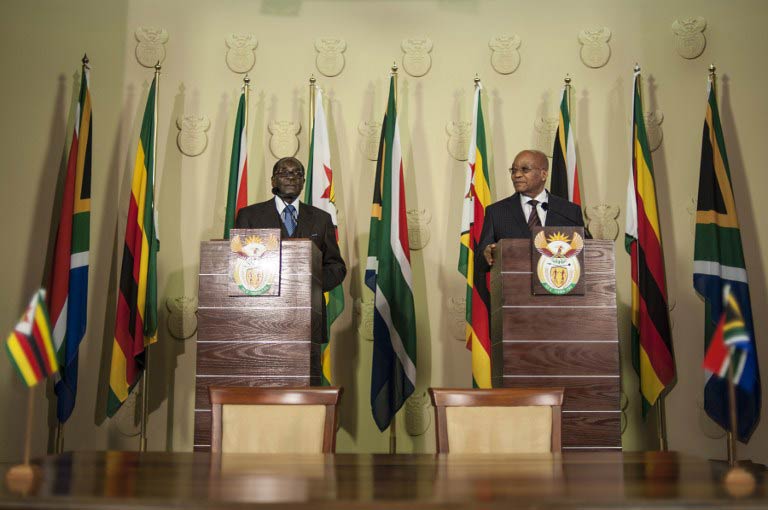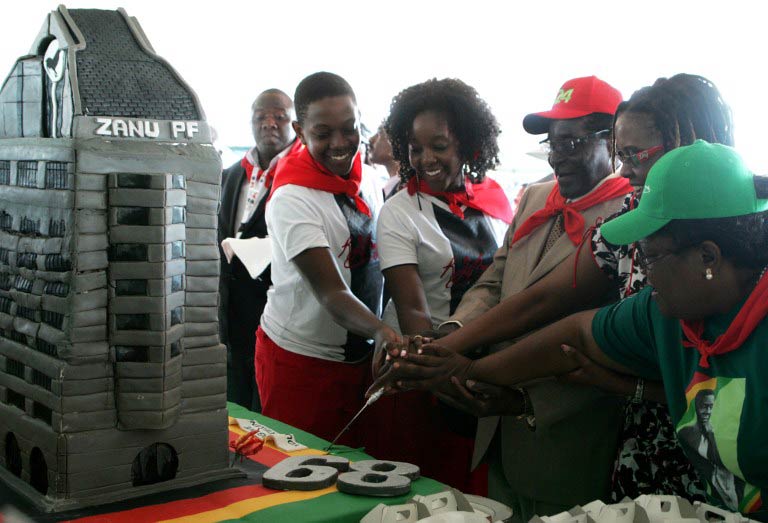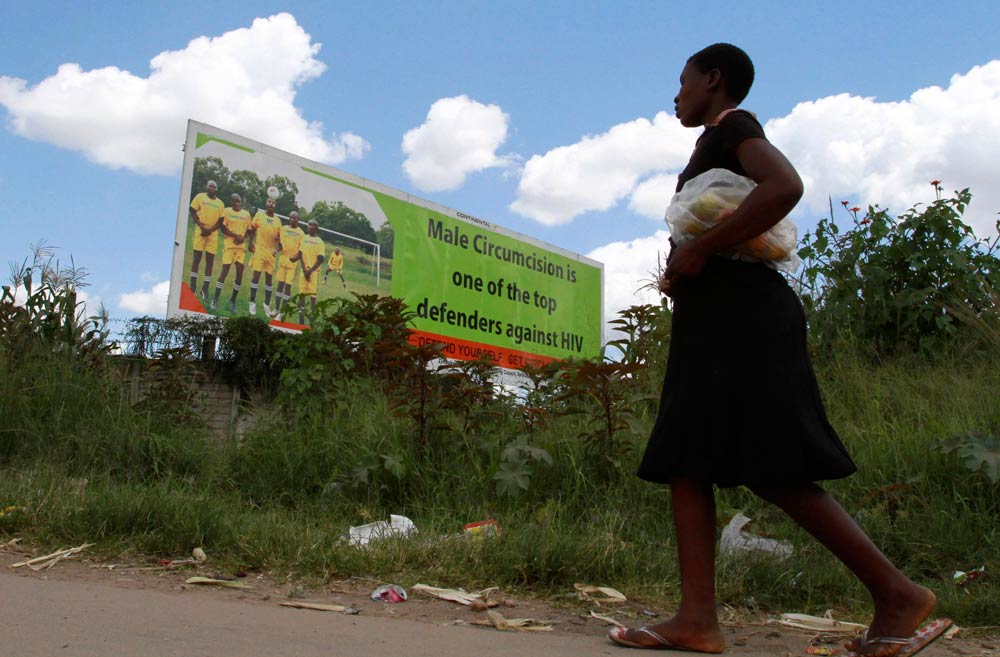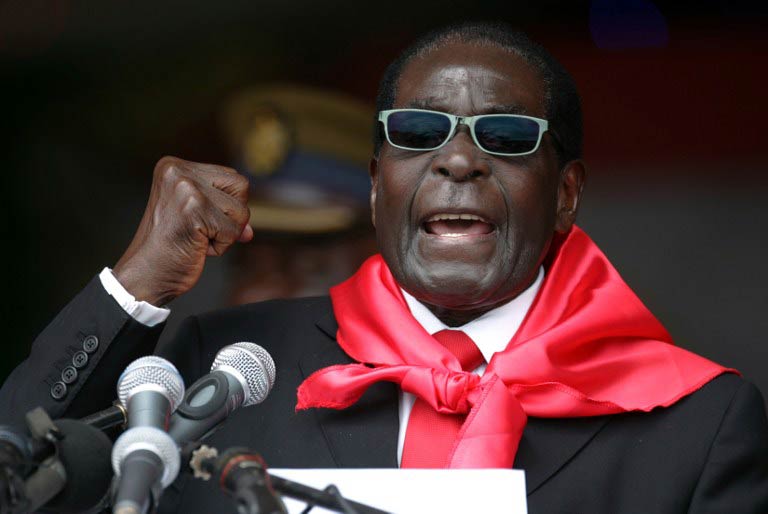
Zimbabwean President Robert Mugabe on Wednesday launched a wide-ranging attack on Western colonisation in Africa and recent intervention in the Arab world, as he made his first state visit to South Africa in 21 years.
The veteran leader, 91, seized the opportunity of a televised press conference with President Jacob Zuma in Pretoria to lambast the United Nations Security Council, the United States and former colonial power Britain.
“We want a political environment in which we are not interfered with by outsiders and we become masters of ourselves in Africa,” Mugabe told reporters.
“We don’t think we are getting a fair deal at the United Nations.
“The five countries there who are permanent members… control the entire system.”
Mugabe said the developing world should stand together against the US, France and Britain, who make up three of five permanent members of the UN security council.
“They disturb the Arab world and leave (it) torn apart. Look at what they did to Libya,” he said, adding that US-led wars in Iraq revealed the “messy, reckless, brutal approach of the West”.
Mugabe, who is often accused of human rights abuses in Zimbabwe, said his state visit to Pretoria represented Africa’s victory over colonialists.
“Now we are our own people, and we have President Zuma here and President Mugabe in Zimbabwe – that is what what you fought for,” he said.
“African resources belong to Africa. Others may come to assist as our friends and allies but no longer as colonisers or oppressors, no longer as racists.”
Seeking investment
Mugabe provoked laughter from some officials when he spoke about a statue of British colonialist Cecil Rhodes in Cape Town that has been vandalised in recent student protests.
Rhodes is buried in Zimbabwe, which was called Rhodesia until independence in 1980 when Mugabe came to power.
“We are looking after the corpse. You have the statue of him,” Mugabe said. “I don’t know what you think we should do – dig him up? Perhaps his spirit might rise again.”
Mugabe, who was accompanied by his wife Grace, hopes his visit to South Africa will drum up foreign investment to revive his nation’s moribund economy.
Zimbabwe has been on a downturn for more than a decade due to low growth and high unemployment.
Zimbabwe’s economy entered a tailspin after the launch of controversial land reforms 14 years ago. By 2008, inflation had officially peaked at 231 million percent before the government stopped counting.
Zuma said a series of agreements signed on Wednesday would help both nations.
“The economies of the two countries are historically and inextricably linked,” he said. “Opportunities for deeper economic cooperation exist.”
Mugabe, who is the current chairman of the African Union, has visited South Africa in the past on working trips but has made no state visit since 1994.
His wife Grace is seen as one possible successor to her husband.
Former vice-president Joice Mujuru was long considered likely to take over, but she fell out with the veteran leader late last year and was sacked in December.
Mugabe will attend a bilateral business forum in Pretoria on Thursday.








